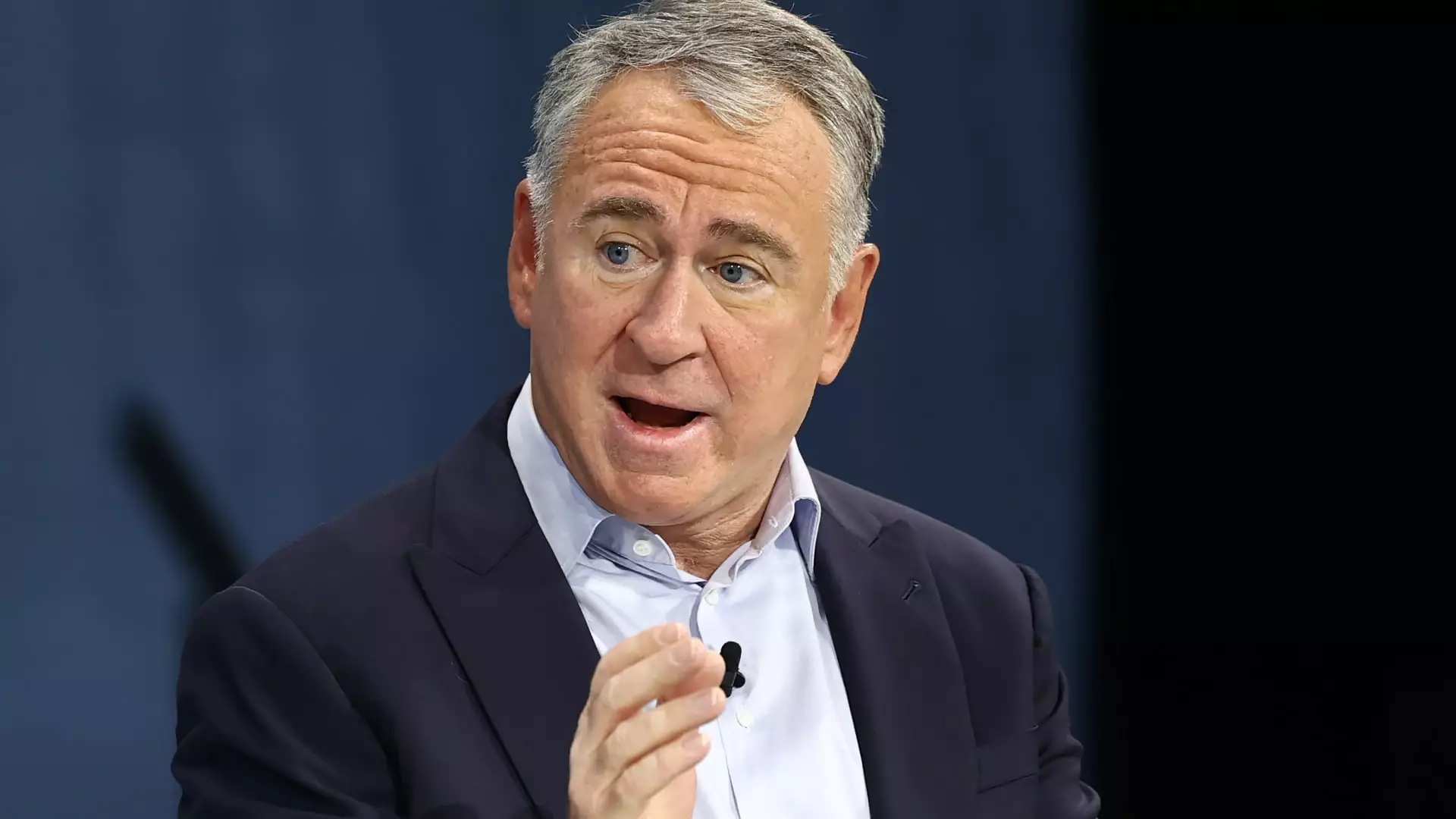As global economies grapple with the repercussions of shifting trade policies, the insights of influential financial figures can offer valuable perspectives. Ken Griffin, the CEO of Citadel, recently voiced grave concerns regarding the implications of the U.S. trade strategy under President Donald Trump. His comments, made at the UBS Financial Services Conference, highlight the potential long-term damage that aggressive tariffs and confrontational rhetoric can inflict on investor confidence.
Griffin’s remarks came in reaction to the president’s announcement of significant tariffs on steel and aluminum imports, alongside previously established measures targeting Chinese imports. His critique centers on the notion that such aggressive trade tactics create an atmosphere of uncertainty that particularly hinders multinational corporations. As Griffin articulated, this hostile environment can impede long-term planning for businesses, which rely on stable trade relationships to forecast investments over extended periods. The uncertainty surrounding tariffs leads to a chilling effect, where companies may hesitate to make critical capital investments, fearing the potential for retaliatory measures or further escalations in trade disputes.
Griffin underscored that the combative language frequently employed in discussions about trade can significantly erode trust among international partners and stakeholders. The implication is clear: when statesmen engage in bombastic rhetoric, it sends a troubling message to global trade partners. This diminishes America’s reliability as a trading partner and fosters a culture of skepticism among CEOs and policymakers who are essential to maintaining robust international trade networks. Griffin believes that consistently aggressive communication can distort perceptions and hinder effective negotiations.
The billionaire hedge fund manager, who has historically supported Trump and the Republican Party, now warns that the trajectory of economic policy could lead to crony capitalism. This term refers to a system where business and governmental relationships become so intertwined that they jeopardize fair market competition and economic equity. When businesses become excessively reliant on government favor to succeed, the negative repercussions can stifle innovation and growth, ultimately harming the economy at large. Griffin’s comments reflect a growing unease that tariffs and protectionist policies could foster an environment fraught with inequities.
Ken Griffin’s analysis serves as a crucial reminder of the complexities surrounding contemporary trade policy. As nations navigate increasingly intricate relationships, the importance of clear, constructive communication cannot be overstated. Moving away from adversarial approaches and nurturing cooperative trade relations seems paramount for ensuring economic stability. For Griffin and many other investors, the long-term health of international markets hinges on the ability of governments to foment trust and predictability in their economic dealings, rather than resorting to divisive and damaging rhetoric.

